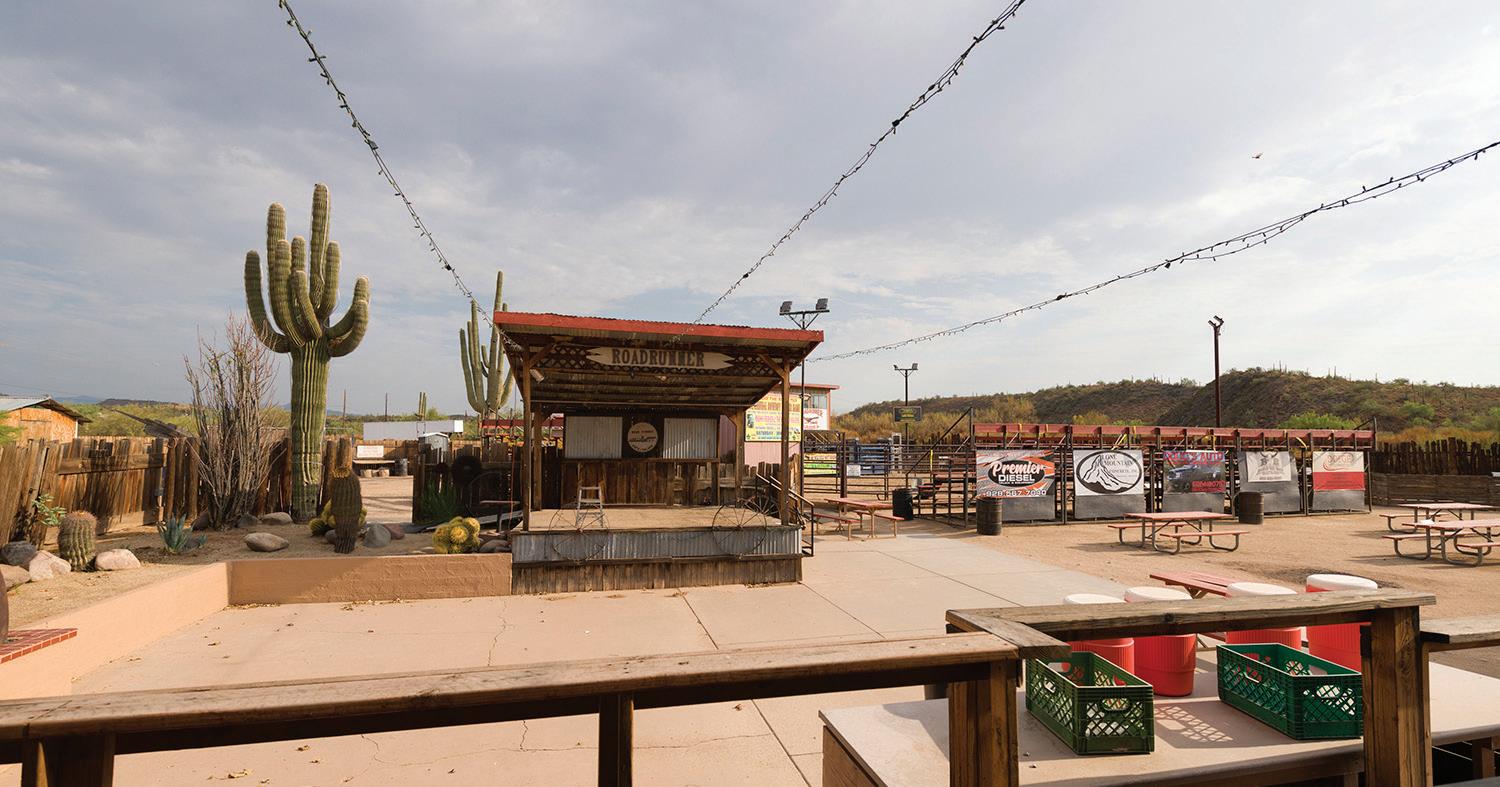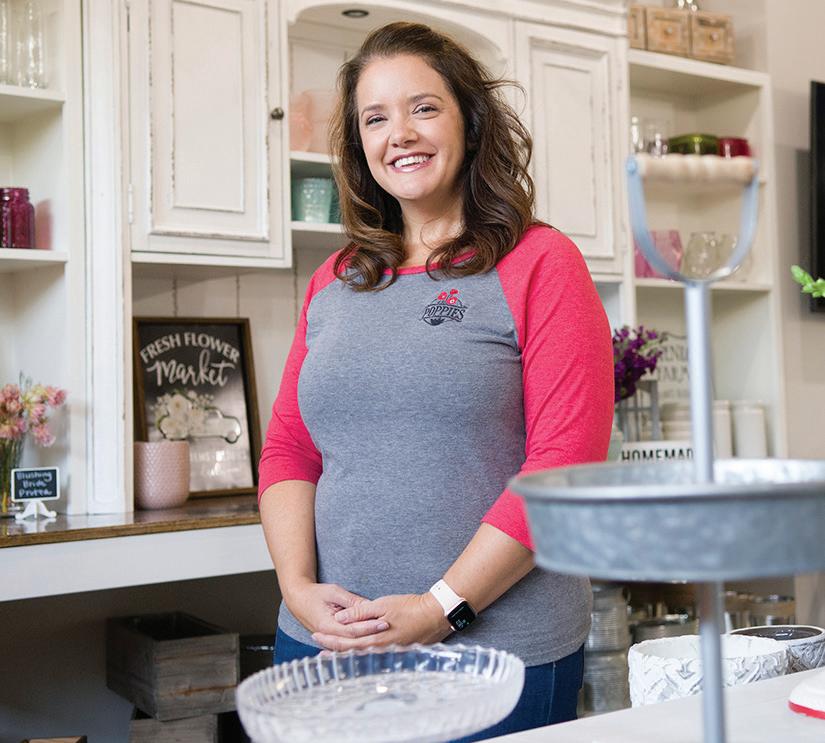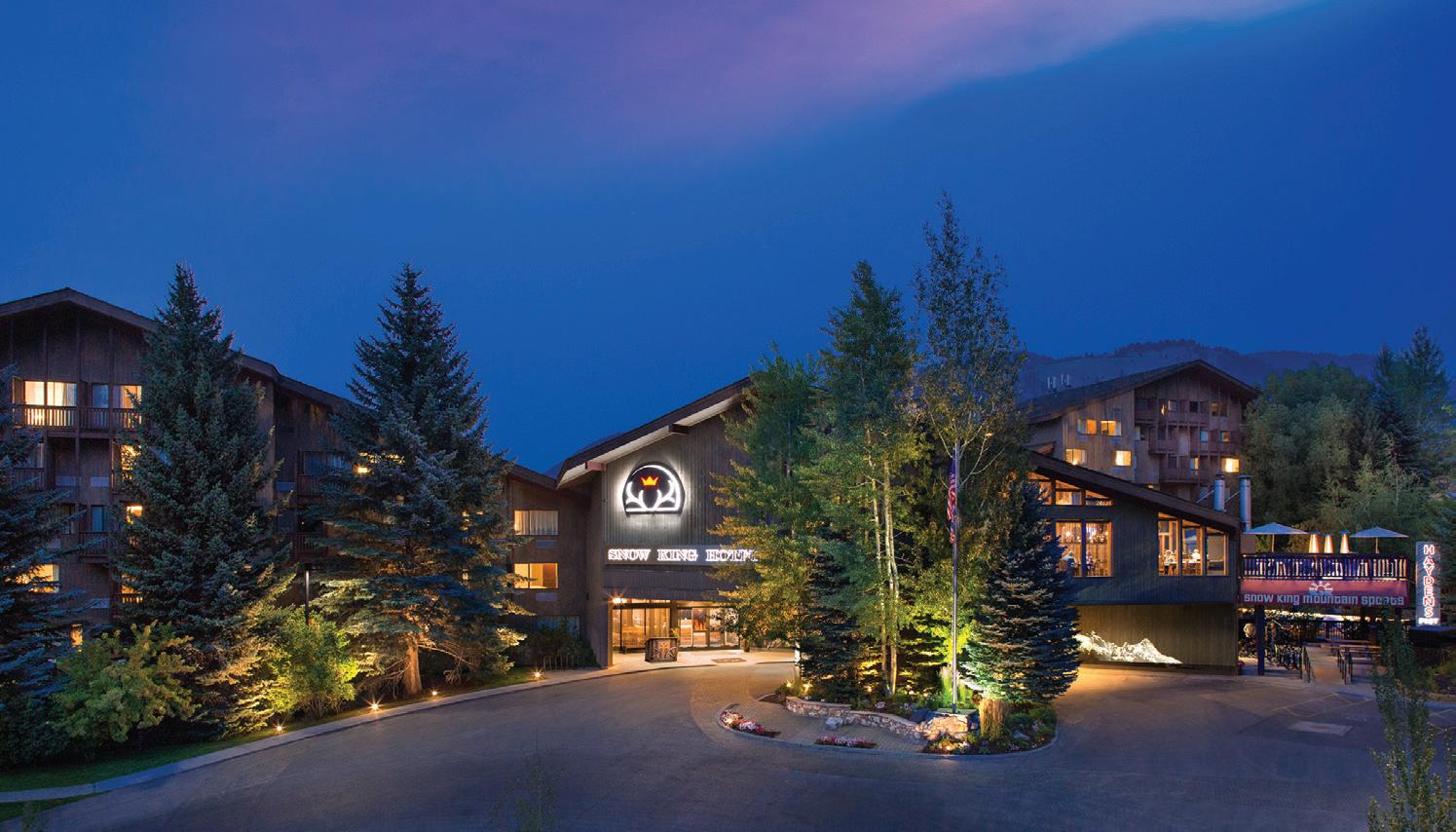APS ‘aggressively’ works to protect wildlife By Christina Fuoco-Karasinski Malu Buckmaster and her husband, Jeff Paris, were mortified when they saw dead Harris hawks beneath APS lines near their New River home. “It was just so sad,” Buckmaster says. “I hate to see birds, especially Harris hawks, electrocuted like this.” Buckmaster and Paris were relieved when the utility company immediately jumped on the case to ensure this doesn’t regularly happen. “It’s difficult to tell from their photos if the deaths are electrical related, but I treated it as an electrocution,” says Nicole Rodriguez, who oversees APS’ avian protection program across the utility’s service area that includes 85085 and 85086. “We do that even if we don’t have enough evidence. It is an older pole, which is common throughout the United States. When we have an incident like this—whether it’s a raptor like an owl or hawk—if they have an electrical contact or collision with equipment, we will bird guard 11 consecutive poles, which can stretch for over a mile.” The APS crews quickly completed the job. Rodriguez says all utility companies have folks who will work to protect birds and wildlife, and hers is one of the more aggressive programs. “I am very proud of that,” she says. “We respond to incidents, but we mitigate before incidents occur. We predict where problems may arise. We proactively bird guard poles before an incident occurs.” Rodriguez frequently receives calls from the public saying Harris hawks are “hanging out on poles,” and she says those are valuable to APS. “Myself and the other folks on the team
14
85086 | SEPTEMBER 2020
cannot see the entire territory,” she says. “It’s a partnership with our customers. It’s a lot of fun. The public gets engaged. “It’s really rewarding. I think the customers, when they finally get to work with you, take ownership for their home and area. Hunters will let us know activity, too. Even the folks out there on federal lands will help us.” Photographs are helpful as well. Rodriguez reviews all the reports to keep APS in compliance with federal and state laws. “That is a big priority with this company— to make sure we’re abiding by the recommendations,” says Rodriguez, who has a degree in natural resource management. “We go above and beyond to do our due diligence.” Recently, APS partnered with Liberty Wildlife and Wild at Heart Raptors to train field employees on how to rescue birds. “It’s important to safely rescue a bird that’s injured, whether it’s related to our equipment or not,” she says. “We have employees who bring in injured birds. They want to rescue them. This year, folks from all over the state— Four Corners, Douglas, Yuma and down to Phoenix where Liberty Wildlife is located— learned how to transport them and make it to Liberty Wildlife or another rehab that’s closer to them. “We learned how to pick up a hawk, for example. We want to make sure those folks and a lot of our employees are motivated to save wildlife.”
APS
aps.com/wildlifeprotection Nicole Rodriguez, shown here with a golden eagle, is in charge of APS’ avian protection program. (Photo courtesy APS)















